-
Daily briefing: Five lawsuits have been filed in response to NIH cuts
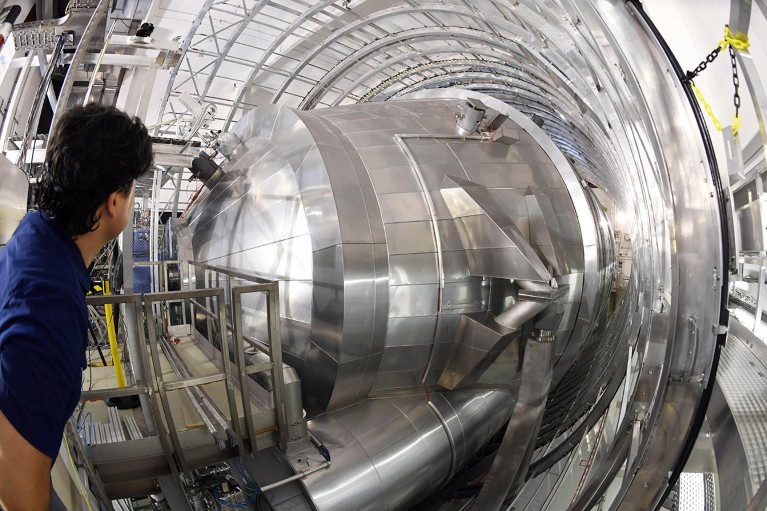
Hello Nature readers, would you like to get this Briefing in your inbox free every day? Sign up here. The main spectrometer of the Karlsruhe Tritium Neutrino (KATRIN) experiment.Credit: Uli Deck/dpa via Alamy New data slash estimated neutrino mass The most advanced neutrino weigh-in so far has put a new upper limit on the enigmatic…
-
Five years on: how Brexit changed three scientists’ careers
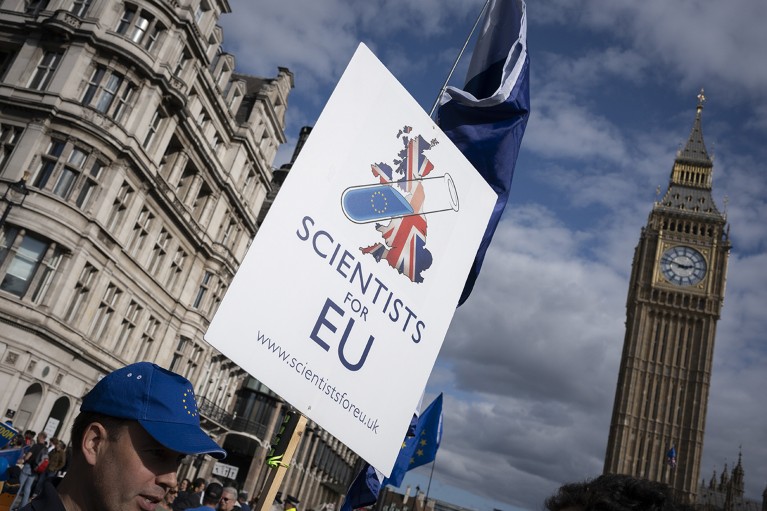
Scientists in the United Kingdom faced uncertainty over funding during the Brexit departure process.Credit: Richard Baker/Getty The United Kingdom’s exit from the European Union five years ago marked a watershed in a bruising battle to settle the country’s relationship with its closest international neighbours, many citizens of which had moved to the United Kingdom to…
-
Political ideology and trust in scientists in the USA
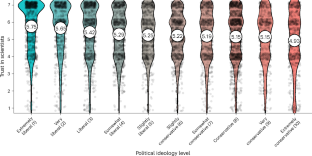
Abstract Trust in scientists is a key predictor of compliance with science-based solutions to societal challenges. Although liberals in the USA generally trust scientists more than conservatives do, it is not clear how these ideological differences vary across different scientific occupations and whether they can be mitigated. Here, in this Registered Report (including 7,800 US…
-
SPARK Taiwan: a decade of insights in adapting US translational medicine and commercialization methods
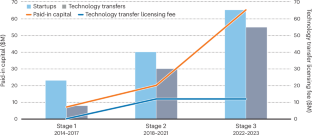
SPARK Taiwan has strengthened the country’s biotech sector, encouraged scientists to start businesses and fostered cross-disciplinary collaboration. Access through your institution Buy or subscribe This is a preview of subscription content, access via your institution Access options Access through your institution /* style specs start */ /* style specs end */ Access Nature and 54…
-
How the United States became a science superpower — and how quickly it could crumble
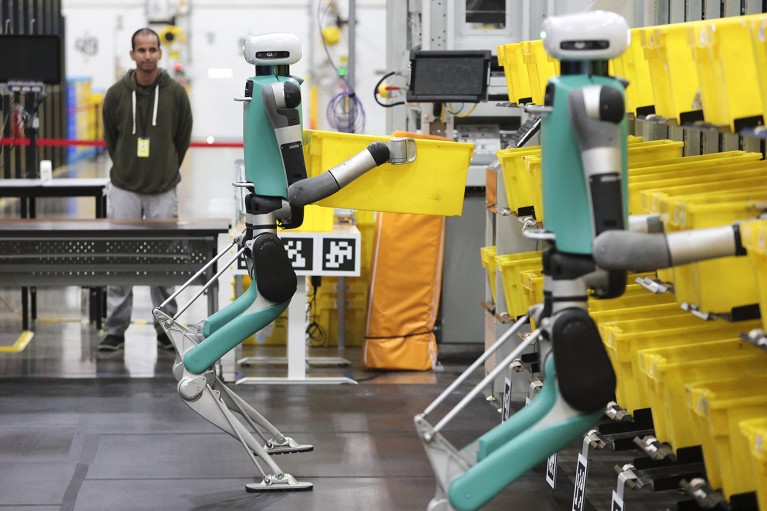
Bipedal robots at Amazon’s Robotics Research and Development Hub in Sumner, Washington.Credit: Jason Redmond/AFP via Getty Since 20 January, US science has been upended by severe cutbacks from the administration of US President Donald Trump. A series of dramatic reductions in grants and budgets — including the US National Institutes of Health (NIH) slashing reimbursements…
-
How a ‘boring administrative task’ transformed my PhD career
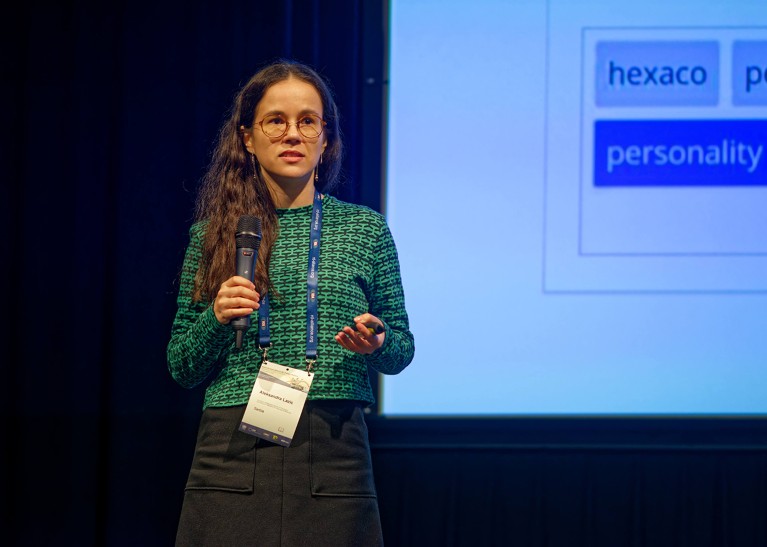
Aleksandra Lazić helped to compile an open-access repository of social-science questionnaires, many of them translated or culturally adapted for use in Serbia.Credit: Matti Heikkurinen I was just beginning my PhD when my supervisor gave me my first assignment. She wanted me to gather and organize the social-science questionnaires — called instruments — that our laboratory…
-
Can peer-reviewed podcasts fast-track science?

Podcasts offer a quick way to publish research results.Credit: grinvalds/iStock via Getty Kate Murray, a communications specialist in Melbourne, Australia, wants to see peer-reviewed research published as podcasts. It’s a “fairly fledgling concept”, says Murray, who helps to produce Walking the city with…, a podcast series that follows scholars as they visit locations that are…
-
The proverbial elephant in the petri-dish: futures for cellular agriculture science in an uncertain world
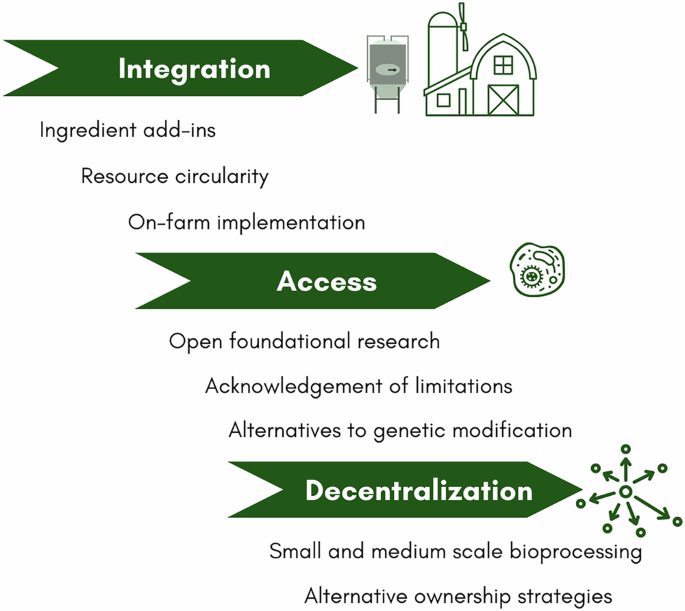
Cellular agriculture is rapidly developing as an alternative protein source yet faces political friction. Research that explores novel pathways for the integration of cellular agriculture into conventional production; open and transparent science; as well as the development of lower cost, small and medium scale production systems can steer the industry in more socially desirable directions.…
-
The Future of Nature | Forests

♪ UMA THURMAN: Life… The closer you look, the more mysterious it seems. We can’t see the invisible forces at work. But what if we could? It’s time to look at our home… ..in a whole new way. Imagine carbon cycling through nature. It’s one of the building blocks of life. And it’s stored in…
-
Will AI improve your life? Here’s what 4,000 researchers think
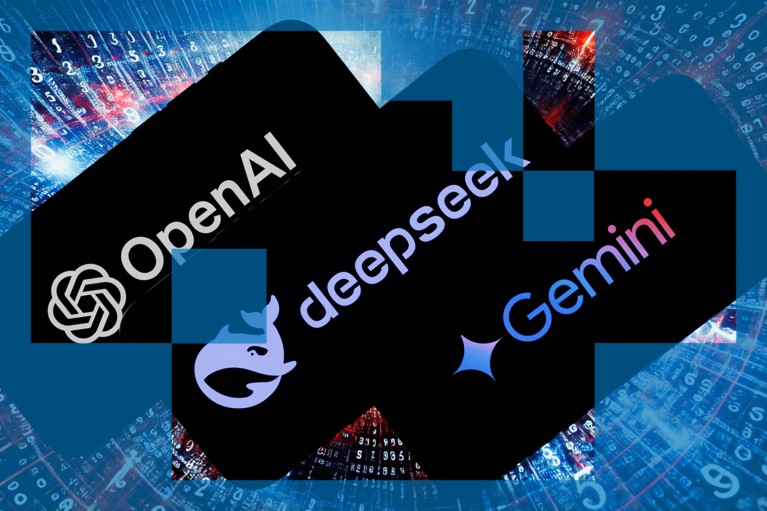
Credit: Andrey Rudakov/Bloomberg via Getty Researchers working at the forefront of artificial intelligence (AI) are much more optimistic than members of the public about the future of AI, reveals a survey of 4,260 scientists in the field: 54% think that the technology will bring more benefits than risks, compared with 13% of the UK public…